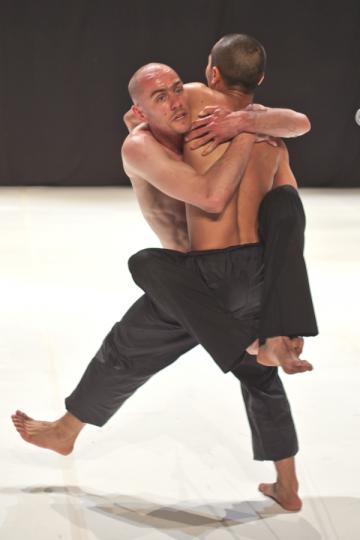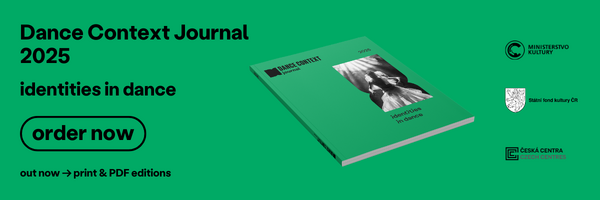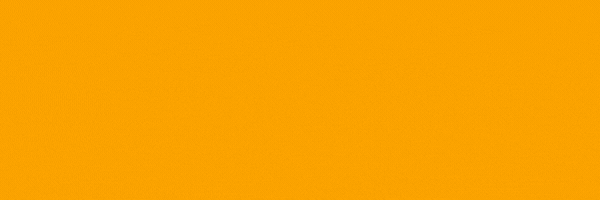 What was the inspiration for the Duet for two dancers performance?
What was the inspiration for the Duet for two dancers performance?I am and have been interested in „identity“ - questions. How strong is our relation to our work? What ARE we, if we do not work? Can we separate ourselves from our „career“, from our choices of profession? Why do we define ourselves very often via our profession, our diplomas?
I mostly search subjects that have to do with human behaviour. I try to observe phenomenons in our society, filtrate them, read about them and question them through my work with the body.
I try not to create a method. I try to work a lot with the people I collaborate with and see how a subject transforms through their body language. Can you answer the question you are asking in this show, namely, who is a dancer? Well, who is a dancer then?
I do not know who is a dancer. I think that it´s not the question. It is more the question - what does it mean to be a dancer? And the question - what are we, if we don’t dance ? How do we connect ourselves to our profession.
The idea is therefore also to continue making duets for other professions: duet for two doctors, duet for two gardeners etc. It is questioning the way how we identify ourselves to our profession and how we can let go of it, or if we can let go of it. You have extensive experience with choreography already, even for large groups. For whom do you like creating choreography the most and how do you proceed with your work?
I do not have a favorite amount of people to work with. Important is that the amount changes. Last year I made a work for 16 dancers and one for six. I think one has to look at choreography very differently when it comes to big groups. I mainly choreographed for smaller groups, but am very interested in the experience of bigger group choreography.
I feel like choreographing for bigger companies as well as developing small scale projects that are more intimate. The combination is what I am interested in. Aren´t you sorry that you don´t perform in some of your shows? How do you percieve the double role of dancer - choreographer?
I do perform in my own work. It is important for me to be on both „sides“. I also sometimes work for other theatre makers in order to understand again what it means to be INSIDE and how to give comments to others. It is a very tricky thing to tell someone what to do or how to search. It is always the biggest challenge. You know a lot of European dance platforms. Do you think they have something in common or is every one of them unique and original? Could you describe what is typical for contemporary Czech dance?
Yes I have been travelling a lot with different projects of mine. And I think each place has luckily its unique atmosphere, its unique audience and its unique space. What the off scene has in common, is that the buildings are often old factories or old buildings that had other life before. Which is special. I do not know yet the Czech festival because it will be the first time i will be travelling to Praque. That´s very exciting. What does it mean for you to perform at the Tanec Praha festival, what are your expectations?
I try not to have expectations. I try to arrive and see how the work is perceived and see what we can exchange with the audience. It is important for me to speak to the people afterwards and to hear what they saw or felt during watching. I am curious about their reactions. I collaborated several times with Czech performers but have never been in the country. So I am very happy that this will happen now.
What´s the most attractive part of this year´s Tanec Praha festival for you personally?
I am interested to see Czech performers and performances. But I am also curious to see Peeping Tom again. Dance. What does it mean to you?
I would like to try to provoke or evoke new thoughts in the audience through dance, through the images that I offer. Trying to question and break again and again the “world-ideas“ we have fixed in our heads.
In Duet for two dancers a lot is communicated via certain irony or humour that hopefully in the end gets stuck in the throat.
It is a discourse about DANCE itself. It reflects on contemporary dance and on the question: what are we, if we don’t dance?



